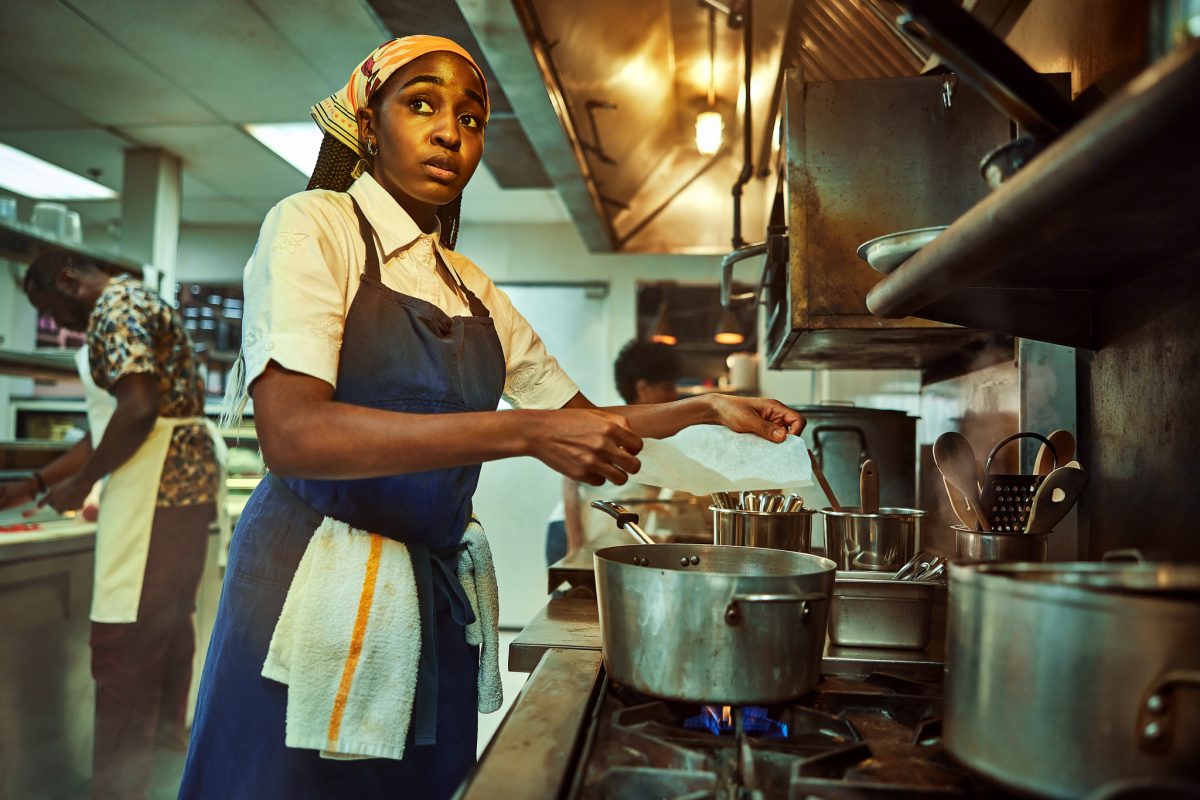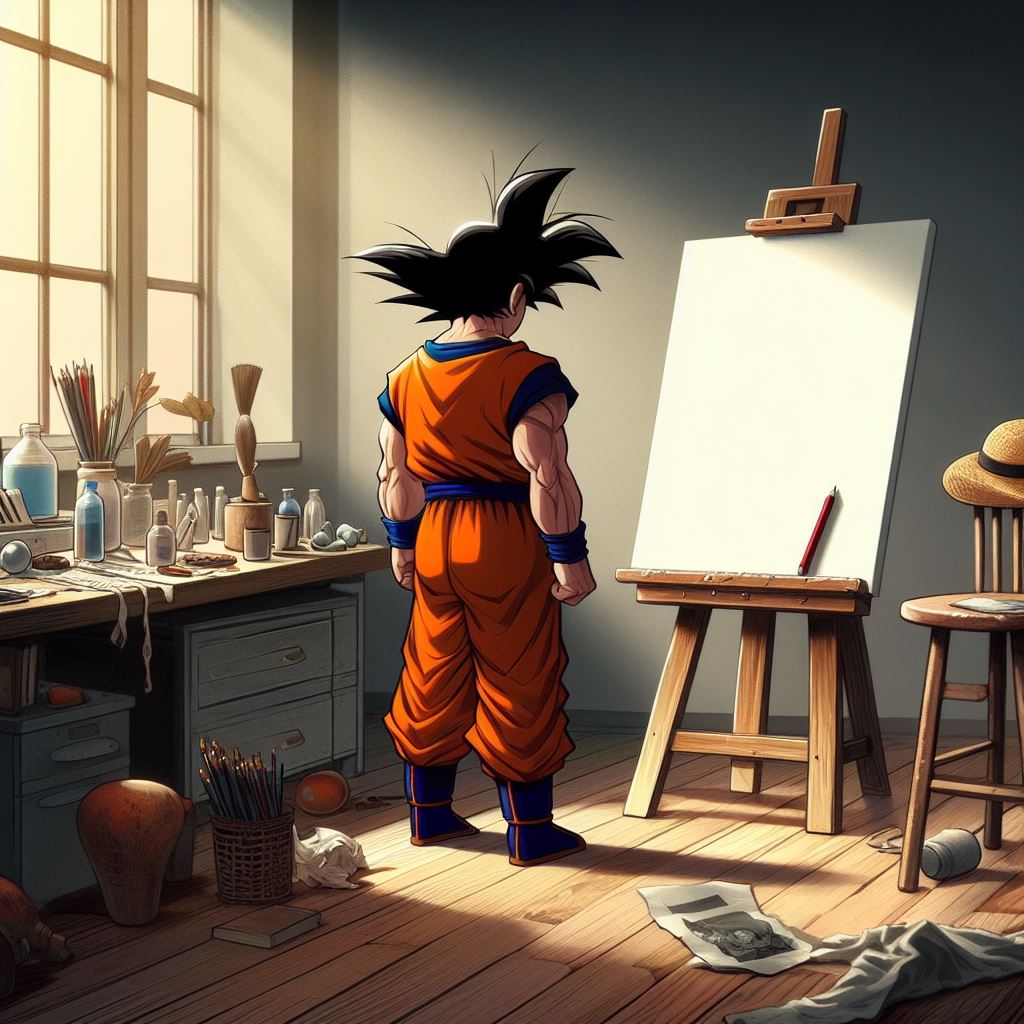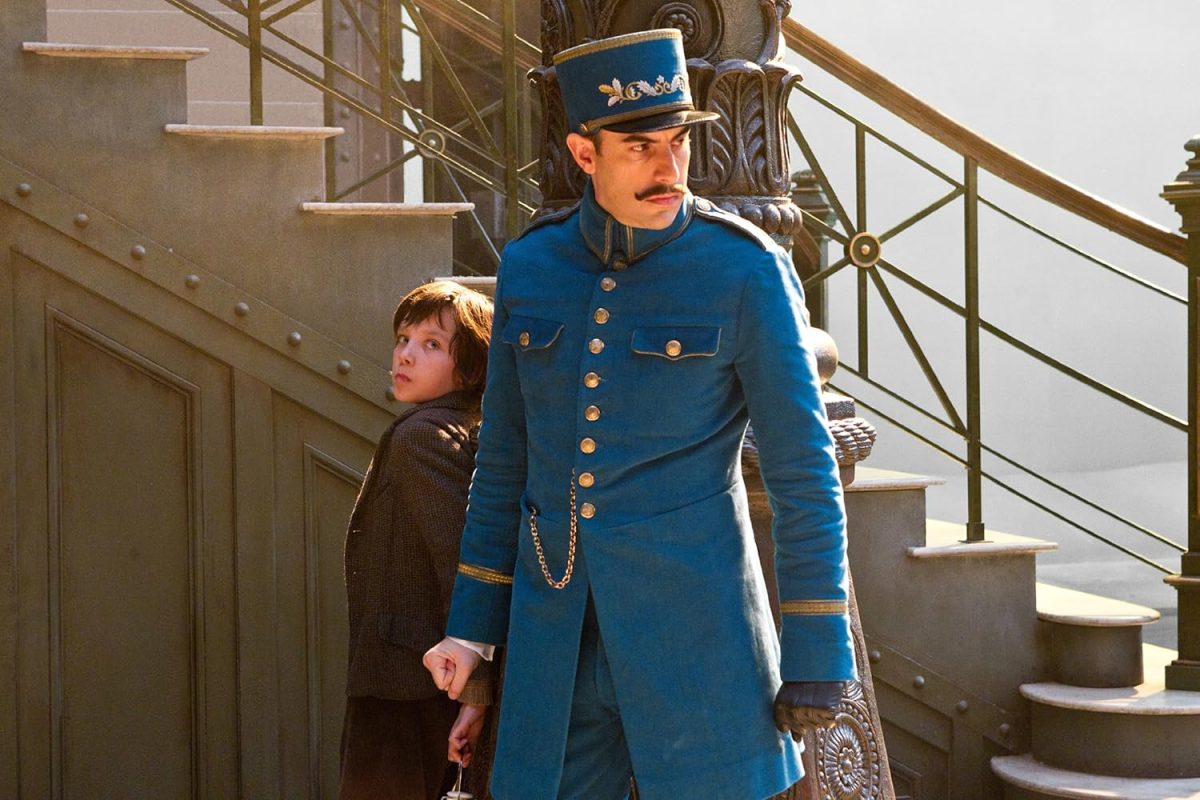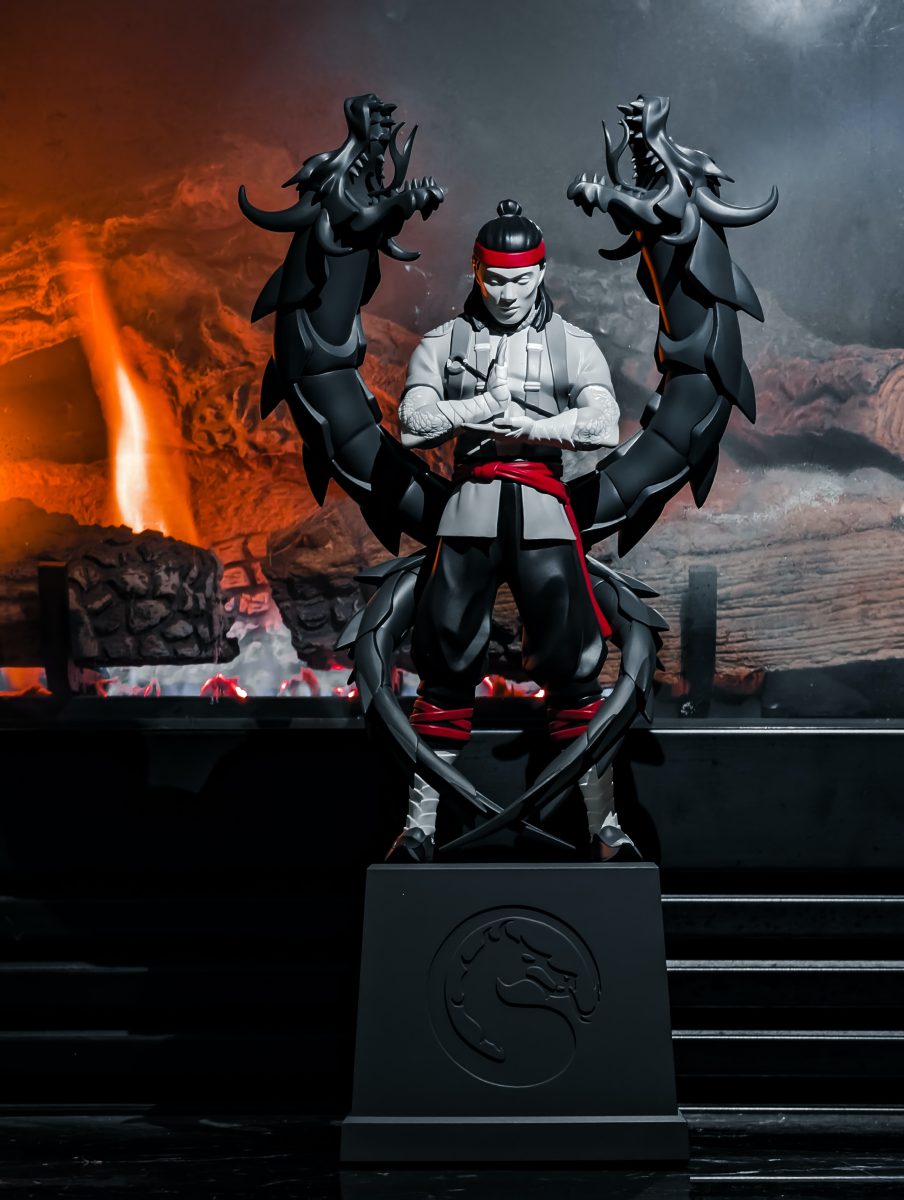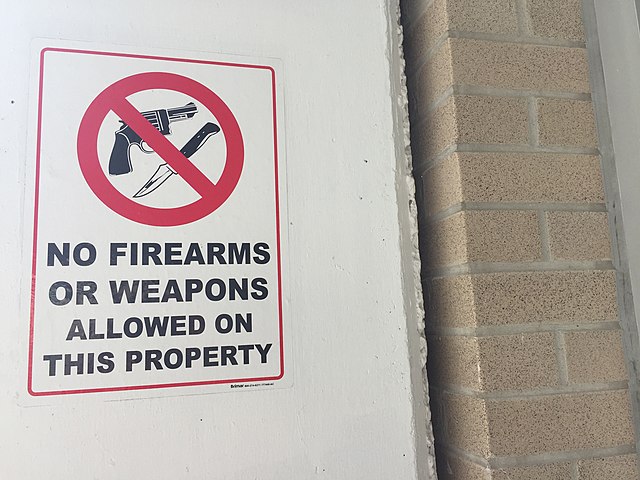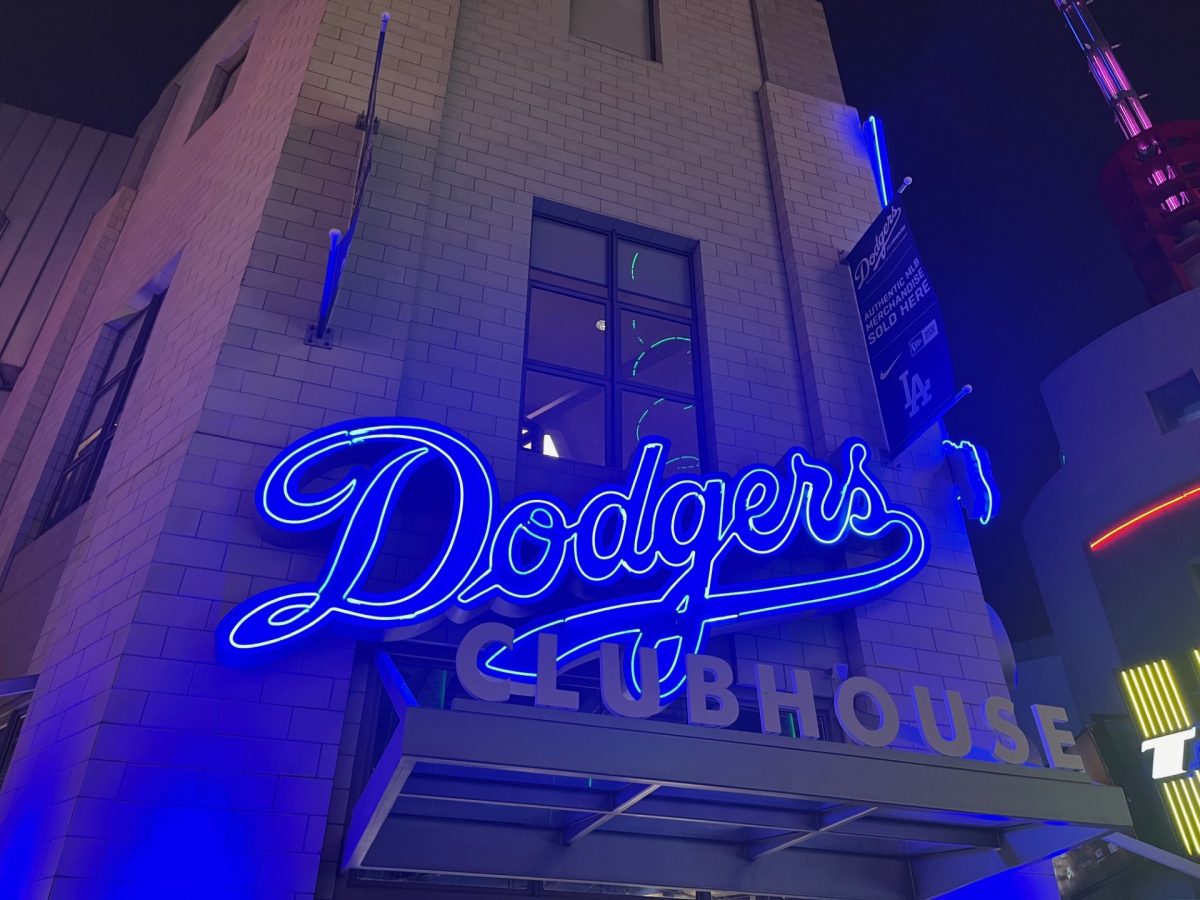As someone who has watched their fair share of television shows, I can confidently say that The Bear stands out as one of the most incredible screenplay pieces to hit TV in quite a while. Spanning over two seasons, each episode roughly an hour long, the FX series features a unique storytelling approach. But what sets The Bear apart is its themes: mental health, food culture, and family, all presented in a consistently engaging, chaotic, yet simple approach. The character development is weirdly relatable, capturing what makes a show genuinely engaging – the ability to empathize with the plot and characters. The sound mixing and editing weave everything together seamlessly, forming a perfect and immersive story. Overall, The Bear is not just another TV show – but a must-watch chef-d’oeuvre.
The Bear follows Carmen “Carmy” Berzatto, a Chicago and Italian-born 25-year-old played by the heavily gifted Jeremy Allen White. It became known early that Carmy was once the Chef of the Year within the culinary world, working at countless top-tier restaurants across the globe, including Noma, a Michelin-star restaurant in Copenhagen, Denmark.
Despite his newfound fame, his apparent perfect life is turned upside down after the death of his brother, Mikey, played by the remarkable Jon Bernthal, whose relationship with one another is complicated, as well as his relationship with his family and the people who surround him.
Carmy steps up and takes on the role of working at his brother’s old Italian beef restaurant, something no one asked Carmy to do, as seen by the horrible reactions of the staff working beside him at Mikey’s place. Upon working at the restaurant, Carmy attempts to bring a bit of organization and order to the establishment as he wishes to turn it into something similar to the famed restaurants he has worked in.
When Carmy is first introduced on screen, he meets, or, more so, runs into two individuals, Sydney and Richie. Sydney, played by the rising star Ayo Edebiri, is a new upcoming chef who wishes to work at the restaurant after sending her application several months prior while hearing no response. She instantly becomes a light on the show, a clear protagonist for Carmy, and someone he can directly lean on and look to for organization and help. Carmy makes her his “chef de cuisine,” or in other words, one of his head chefs, and their relationship quickly becomes a close one as they begin to relate to one another, and work off each other’s creativity and mastery.
Then there is “Cousin” Ritchie, played by Andor’s Ebon Moss-Bachrach, who as you will find, has no familial relation to Carmy but instead was the best friend of Carmy’s brother Mikey. From the get-go, Richie becomes an antagonist, constantly yelling, picking, jabbing, and criticizing Carmy. His bitterness stems from an unknown source, but it is clear he is either jealous that he wasn’t left the restaurant in his own possession or doesn’t have experience and lacks Carmy’s resume. Richie becomes the access point to Carmy’s family in the story and is one of the only connecting pieces to Carmy’s past that we get within the restaurant itself.
As explained, Carmen has since changed his job and is now working at his brother’s place, which is not at the likes of the staff. Carmy is not looking for recognition or affection but simply respect; he believes he should at least be heard as someone who worked at multiple Michelin-star restaurants. Carmy attempts to instill a sense of care throughout the entire kitchen by labeling ingredients, organizing cutlery, and referring to all staff (no matter their position) as “chef” as a sign of respect (despite some only being dishwashers). As expected, he is met with laughs and humiliation. Through about 45 minutes of constant cursing, yelling, chopping, stoves burning, pots boiling, and footsteps dragging, the pilot episode finishes off with one of the chefs who, when asked to fix a batch of bread, responds with “Yes chef!” and Carmy gets his first sign of recognition through all the chaos.
The incredible thing about the show is its practically perfect pilot episode, written by the masterful Christopher Storer and Joanna Calo. Essentially, the pilot episode of a show is the writers and director’s first shot at proving to producers, investors, and the network why the show not only has to continue but also to articulate and demonstrate that the show’s plot can be developed and enhanced, thus making it more than a “one-hit wonder” as explained by Jules in Pulp Fiction. What’s so fascinating is that “The Bear” doesn’t bore the audience with meaningless background information like introducing characters formally or giving audiences time to view such details. Instead, it throws you into the first episode, and when I say throws you, I mean more so hurls you into the nearby stove. The show’s hectic and fast-paced approach forces the audience to focus on every detail and watch it closely as it doesn’t feed you information. Quick cuts and fast-paced, vulgar, and quite obscene dialogue tell a story like no other— audiences have no choice but to watch in awe or complete disbelief.
Created and directed by Christopher Storer, the first episode makes it quite clear that an immense amount of care and detail went into not only writing the screenplay for this chaotic and most likely highly pricey first episode but also setting a theme for the entire series about the mystery of Carmy’s past, his family, and what comes next for the restaurant he has instilled upon himself to rebuild.
With The Bear it’s the one-of-a-kind storytelling approach, brought to life through the enchanting sounds of sizzling stoves and decorative dishes that you can’t help but relish in, forcing viewers never to leave the couch. Packed with robust themes highlighting the various portrayals of the human experience, The Bear delves beyond its culinary arsenal and equally explores mental health, more specifically grief and anxiety, leaving viewers both longing and appreciative of the blunt delivery of hard-hitting and challenging issues. As the show progresses, we view Carmen’s complicated, stressful, and tragic history. He sees cooking as an escape and a cure while at the same time seeing it as a burden and curse. In his monumental character progression within the first season, we are given a genuine 7-minute monologue with no cuts, just a still medium closeup shot. It is at this moment where we begin to understand where all his pain stems from; while I won’t go into too much of it due to spoilers, it becomes quite apparent that among his siblings and himself, he was the only one who was never receiving of recognition or attention from his family, which makes the staff resenting him from the beginning so much more emotional. He also speaks about how his distant relationships with his siblings, ultimately flipped a switch in his head and pushed him to no end to improve at his craft. Through his countless anxiety attacks, breakdowns, and headaches, it becomes clear how negatively affected he was by his past and how he carries it as a burden within the confines of his kitchen domain.
While the story is the groundwork and blueprint for any series or film, the way it is told visually through the eyes of the cinematographer is ultimately what sets it apart. While no one is famed-cinematographer Roger Deakins (Blade Runner 2049, Skyfall) , DP Andrew Wehde had an incredible vision and talent for how to visually unfold the story, which was quite captivating and contributed to the show’s unique charm. The use of color and composition is not only aesthetically pleasing but also adds depth to the story by visually illustrating the tone of each scene. With still shots of clocks ticking to quick tilts downward to cooks rushing, Wehde and Storer truly engage their audience with masterful frames. With the frequent depiction of food preparation and presentation, it’s nearly impossible not to feel hungry while watching the show. The constant blend of pleasant dreams and harsh reality is truly incredible with consistent soothing scenes ending in ultimate chaos. But even beyond food, the emphasis on body language and facial expressions of the characters is exceptional, adding a layer of complexity to their interactions and emotional experiences. With exceptional angles, its quite deliberate but clever composition within every episode adds to the overall intensity and stress-inducing job of a chef and pushes viewers’ anxiety to the breaking point.
The impact of sound design and editing on The Bear is just as pivotal as any other aspect of the show. The show’s creative use of sound integrates perfectly with the storytelling, immersing the audience in this captivating world. Stove burners, knives chopping, pots smashing, doors swinging, beef sizzling, chefs yelling “BEHIND!!”- the sound mixing is so remarkable weaving calming moments in with chaotic ones and creating a balance between the intense and relaxed times throughout each episode.
Additionally, the editing plays a significant role in creating the pacing of each episode, allowing the journey of Carmy and his family to unfold in a way that captivates and intrigues without ever feeling overly rushed or paced slowly. It’s almost like The Bear is a mix of Fight Club and Ratatouille…minus all the rats and Brad Pitt; the result is a perfect blend of sound, editing, and storytelling that makes The Bear a true masterpiece of television.
The Bear ultimately stands out as a genuinely unique television series that expertly blends distinctive storytelling, mesmerizing cinematography, and commanding sound design. With its focus on mental health, food culture, and fashion, the show delivers a refreshing and relevant take on these crucial issues, all while providing relatable character development that will have viewers invested in their journeys. Christopher Storer, if you are reading, you should without a doubt be incredibly proud of your creation and the art piece you have given this world. It’s no exaggeration to say that The Bear ranks among the most authentic and fascinating TV series of recent memory, and for those who haven’t seen it yet, I strongly encourage you to give it a watch – not only for its entertainment value but also for the meaningful themes and messages that it conveys.
For more on the Bear, look to the video essay here.


